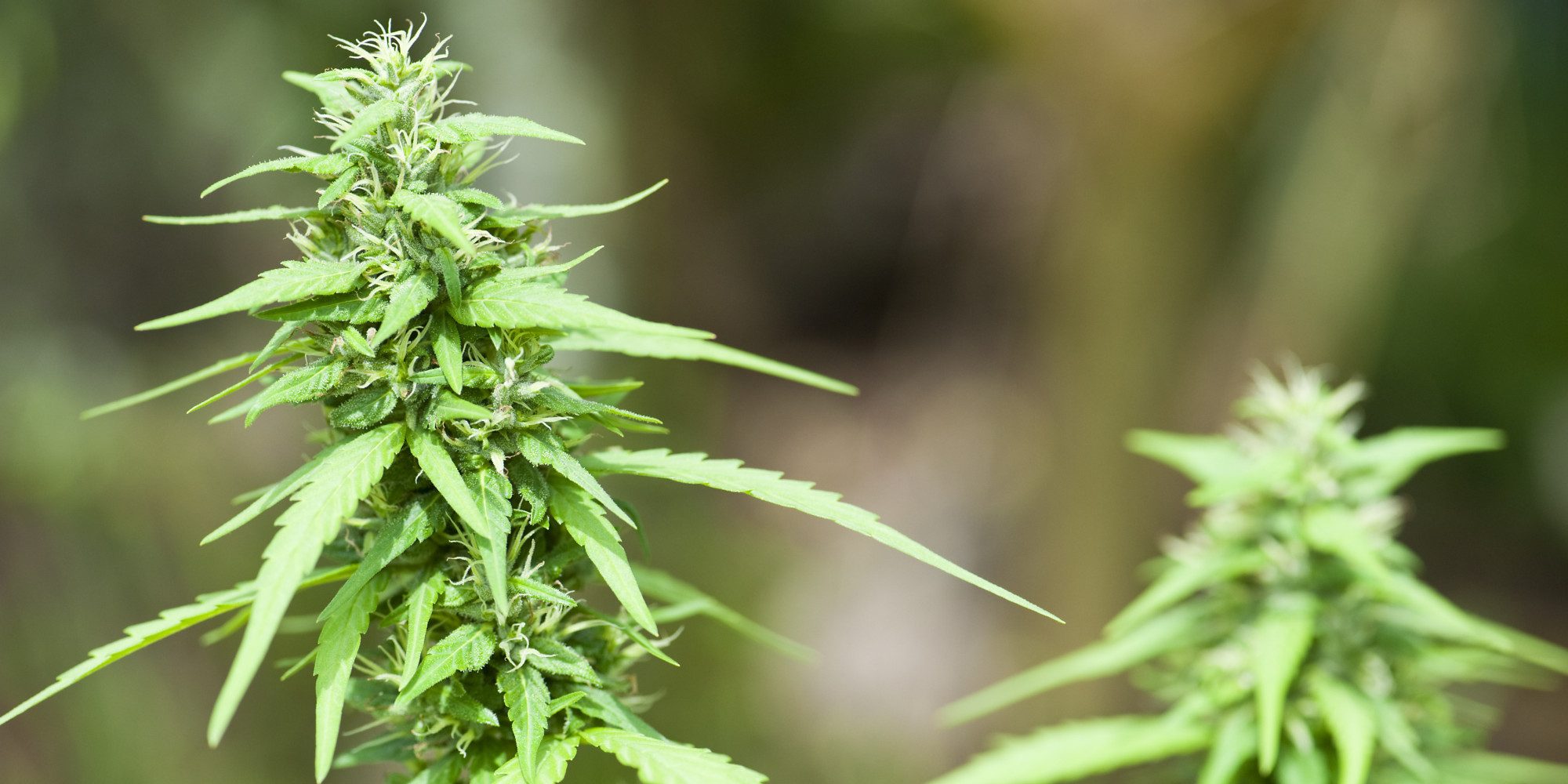Israel’s Cabinet decriminalized the recreational use of cannabis, or marijuana, at its weekly meeting on Sunday in a move hailed by politicians from across the spectrum.
Under the new policy, first-time offenders caught using marijuana in public will be subject to a fine of approximately $250, but will not face criminal charges. The money will be used for drug rehabilitation and education. A second offense will be subject to a fine of approximately $500, while a third offense may require rehabilitation, education and a suspended driver’s license. A fourth offense will be subject to prosecution and a possible prison term.
Worldwide, many nations have already decriminalized cannabis in an attempt to combat societal problems associated with its use — including the Netherlands, Mexico, Czech Republic, Costa Rica and Portugal.
Cannabis: Israel’s next big medical export?
Marijuana advocates hope the new policy encourages entrepreneurship and investment in Israel’s burgeoning cannabis industry.
Israel is one of the world leaders in medical marijuana, backed by the Ministry of Health, whose ultra-Orthodox leader has encouraged research and innovation. Numbering only a few dozen medical marijuana users a decade ago, Israel now has approximately 25,000 users. Cannabis companies estimate the industry could be worth hundreds of millions of dollars soon, even in such a small country.
“Decriminalizing cannabis in Israel is another step towards creating a Canna-Tech global industry, with Israel at the forefront,” said Saul Kaye, CEO of iCan, a cannabis entrepreneurship incubator. “This step, although not legitimizing use, is due to reduce the negative perception of the plant as ‘immoral or ‘criminal’, increasing openness to its outstanding medicinal and wellness properties.”
“The Cabinet approval is an important step on the way to implementing the new policy that will put emphasis on explaining and treating rather than on criminal enforcement,” said Public Security Minister Gilad Erdan.





